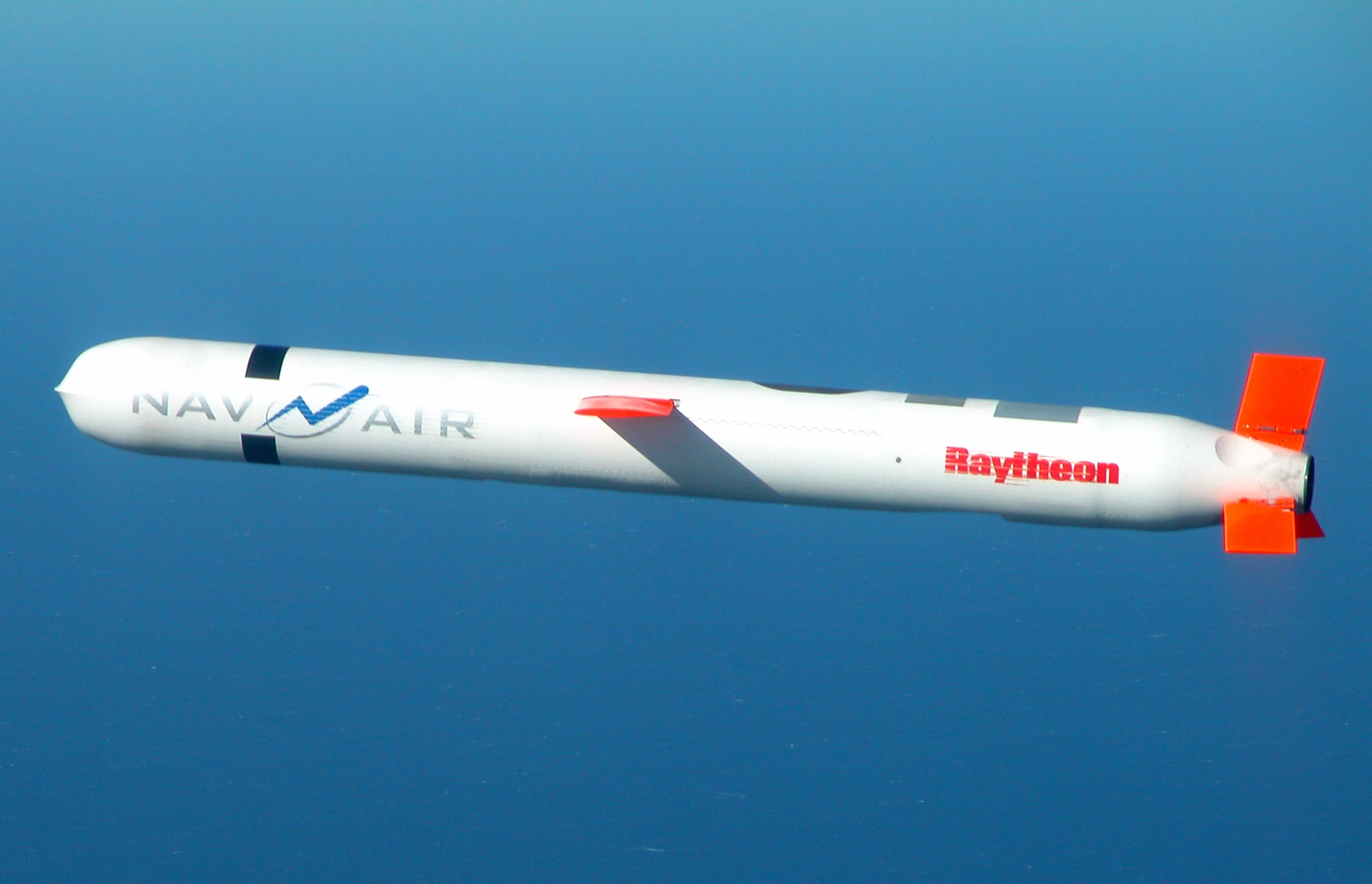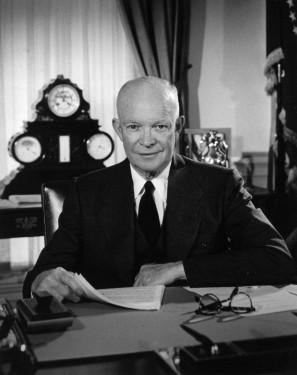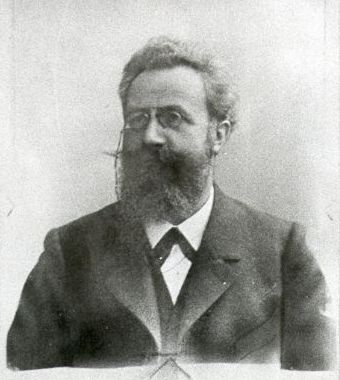|
Solo Voyage
''The Detached Mission'' sometimes translated as ''Solo Voyage'' or ''Solo Journey'' (russian: Одиночное плавание, translit. ''Odinochnoye plavanie'') and also known as ''The Russian Hero'' is a 1985 Soviet military action film, directed by Mikhail Tumanishvili. In official U.S. Navy parlance, the term "одиночное плавание" corresponds to "independent steaming". Plot The movie is set during the Cold War. A television news journalist aboard the American aircraft carrier U.S.S. Nimitz explains the scenario of current fleet exercise of the U.S. Navy in the central Pacific Ocean. During a live broadcast from the bridge of the Nimitz, the correspondent points out a fleet of "Russian" (Soviet) warships on the horizon commanded by Vice Admiral Chernov. At the same time, a plainclothed man, later identified as a CIA operative, meets U.S. Army Major Jack Hessalt, a crazed Vietnam War veteran, who is suffering wartime flashbacks and seems ready ... [...More Info...] [...Related Items...] OR: [Wikipedia] [Google] [Baidu] |
Mikhail Tumanishvili
Mikhail Iosifovich Tumanishvili (russian: Михаи́л Ио́сифович Туманишви́ли), born 19 June 1935, died 22 December 2010, was a Russian stage and film director and actor. Tumanishvili is best known of his 1980s action films ''Hit Back'', ''Incident at Map Grid 36-80'' and ''The Detached Mission'', which is often referred as the Soviet Rambo. He was born in Moscow as the son of film director Josef Tumanishvili, who was also the chief of Moscow Operetta Theatre and the Bolshoi Theatre. Tumanishvili graduated from the actors faculty of Boris Shchukin Theatre Institute and the musical direction department of Russian Academy of Theatre Arts. He worked as a stage director in Pushkin Theatre and started making films in 1981. Tumanishvili was the head director of the opening and closing ceremonies of the 1980 Summer Olympics in Moscow. Selected filmography As director *''Hit Back'' (1981) *''Incident at Map Grid 36-80'' (1982) *''Obstacle Сourse'' (1984) * ... [...More Info...] [...Related Items...] OR: [Wikipedia] [Google] [Baidu] |
Plainclothed
A covert operation is a military operation intended to conceal the identity of (or allow plausible deniability by) the party that instigated the operation. Covert operations should not be confused with clandestine operations, which are performed in secret and meant to stay secret. Covert operations aim to secretly fulfill their mission objectives without anyone knowing who sponsored or carried out the operation, or in some cases, without anyone knowing that the operation has even occurred. Impact According to a 2018 study by University of Chicago political scientist Austin Carson, covert operations may have the beneficial effect of preventing escalation of disputes into full-blown wars. He argues that keeping military operations secret can limit escalation dynamics, as well as insulate leaders from domestic pressures while simultaneously allowing them communicating their interest to the adversary in keeping a war contained. He finds that covert operations are frequently detec ... [...More Info...] [...Related Items...] OR: [Wikipedia] [Google] [Baidu] |
Nuclear Warhead
A nuclear weapon is an explosive device that derives its destructive force from nuclear reactions, either fission (fission bomb) or a combination of fission and fusion reactions ( thermonuclear bomb), producing a nuclear explosion. Both bomb types release large quantities of energy from relatively small amounts of matter. The first test of a fission ("atomic") bomb released an amount of energy approximately equal to . The first thermonuclear ("hydrogen") bomb test released energy approximately equal to . Nuclear bombs have had yields between 10 tons TNT (the W54) and 50 megatons for the Tsar Bomba (see TNT equivalent). A thermonuclear weapon weighing as little as can release energy equal to more than . A nuclear device no larger than a conventional bomb can devastate an entire city by blast, fire, and radiation. Since they are weapons of mass destruction, the proliferation of nuclear weapons is a focus of international relations policy. Nuclear weapons have been dep ... [...More Info...] [...Related Items...] OR: [Wikipedia] [Google] [Baidu] |
Cruise Missile
A cruise missile is a guided missile used against terrestrial or naval targets that remains in the atmosphere and flies the major portion of its flight path at approximately constant speed. Cruise missiles are designed to deliver a large warhead over long distances with high precision. Modern cruise missiles are capable of travelling at high subsonic, supersonic, or hypersonic speeds, are self-navigating, and are able to fly on a non- ballistic, extremely low-altitude trajectory. History The idea of an "aerial torpedo" was shown in the British 1909 film '' The Airship Destroyer'' in which flying torpedoes controlled wirelessly are used to bring down airships bombing London. In 1916, the American aviator Lawrence Sperry built and patented an "aerial torpedo", the Hewitt-Sperry Automatic Airplane, a small biplane carrying a TNT charge, a Sperry autopilot and a barometric altitude control. Inspired by the experiments, the United States Army developed a similar flying bomb ... [...More Info...] [...Related Items...] OR: [Wikipedia] [Google] [Baidu] |
Defense Contractors
Defense or defence may refer to: Tactical, martial, and political acts or groups * Defense (military), forces primarily intended for warfare * Civil defense, the organizing of civilians to deal with emergencies or enemy attacks * Defense industry, industry which manufactures and sells weapons and military technology * Self-defense, the use of force to defend oneself * Haganah (Hebrew for "The Defence"), a paramilitary organization in British Palestine * National security, security of a nation state, its citizens, economy, and institutions, as a duty of government ** Defence diplomacy, pursuit of foreign policy objectives through the peaceful employment of defence resources ** Ministry of defence or department of defense, a part of government which regulates the armed forces ** Defence minister, a cabinet position in charge of a ministry of defense * International security, measures taken by states and international organizations to ensure mutual survival and safety Sports * De ... [...More Info...] [...Related Items...] OR: [Wikipedia] [Google] [Baidu] |
Disarmament
Disarmament is the act of reducing, limiting, or abolishing weapons. Disarmament generally refers to a country's military or specific type of weaponry. Disarmament is often taken to mean total elimination of weapons of mass destruction, such as nuclear arms. General and Complete Disarmament was defined by the United Nations General Assembly as the elimination of all WMD, coupled with the “balanced reduction of armed forces and conventional armaments, based on the principle of undiminished security of the parties with a view to promoting or enhancing stability at a lower military level, taking into account the need of all States to protect their security.”UN General AssemblyFinal Document of the First Special Session on Disarmament, para. 22. History At the Hague Peace Conferences in 1899 and 1907 government delegations debated about disarmament and the creation of an international court with binding powers. The court was considered necessary because it was understood that n ... [...More Info...] [...Related Items...] OR: [Wikipedia] [Google] [Baidu] |
Military–industrial Complex
The expression military–industrial complex (MIC) describes the relationship between a country's military and the defense industry that supplies it, seen together as a vested interest which influences public policy. A driving factor behind the relationship between the military and the defense-minded corporations is that both sides benefit—one side from obtaining war weapons, and the other from being paid to supply them. The term is most often used in reference to the system behind the armed forces of the United States, where the relationship is most prevalent due to close links among defense contractors, the Pentagon, and politicians. The expression gained popularity after a warning of the relationship's detrimental effects, in the farewell address of President Dwight D. Eisenhower on January 17, 1961. In the context of the United States, the appellation is sometimes extended to military–industrial–congressional complex (MICC), adding the U.S. Congress to form a three-s ... [...More Info...] [...Related Items...] OR: [Wikipedia] [Google] [Baidu] |
Soviet Naval Infantry
The Russian Naval Infantry (MPR; ), often referred to as Russian Marines in the West, operate as the naval infantry of the Russian Navy. Established in 1705, they are capable of conducting amphibious operations as well as operating as more traditional light infantry. The Naval Infantry also fields the Russian Navy's only special operations unit, known as the ‘commando frogmen’. Frogmen are typically drawn from the Naval Infantry's ranks, and they are capable of a wide range of special operations tasks and missions. Colloquially, Russian-speakers may refer to Naval Infantrymen using the abbreviation морпехи (morpekhi (plural), singular form: морпех (morpekh)). The first Russian naval infantry force formed in 1705, and since that time it has fought in the Napoleonic Wars, the Crimean War (1853-1856), the Russo-Japanese War (1904-1905), the First World War (1914-1918) and the Second World War (1939-1945). Under Admiral Gorshkov (Soviet Navy Commander-in-Chi ... [...More Info...] [...Related Items...] OR: [Wikipedia] [Google] [Baidu] |
False Flag Attack
A false flag operation is an act committed with the intent of disguising the actual source of responsibility and pinning blame on another party. The term "false flag" originated in the 16th century as an expression meaning an intentional misrepresentation of someone's allegiance. The term was famously used to describe a ruse in naval warfare whereby a vessel flew the flag of a neutral or enemy country in order to hide its true identity. The tactic was originally used by pirates and privateers to deceive other ships into allowing them to move closer before attacking them. It later was deemed an acceptable practice during naval warfare according to international maritime laws, provided the attacking vessel displayed its true flag once an attack had begun. The term today extends to include countries that organize attacks on themselves and make the attacks appear to be by enemy nations or terrorists, thus giving the nation that was supposedly attacked a pretext for domestic repres ... [...More Info...] [...Related Items...] OR: [Wikipedia] [Google] [Baidu] |
Central Pacific Area
Pacific Ocean Areas was a major Allied military command in the Pacific Ocean theater of World War II. It was one of four major Allied commands during the Pacific War, and one of three United States commands in the Asiatic-Pacific Theater. Admiral Chester W. Nimitz of the U.S. Navy, Commander in Chief, U.S. Pacific Fleet, headed the command throughout its existence. The vast majority of Allied forces in the theatre were from the U.S. Navy, U.S. Army and U.S. Marine Corps. However units and/or personnel from New Zealand, the United Kingdom, Australia, Canada, Mexico, Fiji and other countries also saw active service. Formation and composition On 24 March 1942, the newly formed British and US Combined Chiefs of Staff issued a directive designating the Pacific theater an area of American strategic responsibility. On 30 March the US Joint Chiefs of Staff (JCS) divided the Pacific theater into three areas: the Pacific Ocean Areas (POA), the South West Pacific Area (SWPA), ... [...More Info...] [...Related Items...] OR: [Wikipedia] [Google] [Baidu] |
Flashback (psychology)
A flashback, or involuntary recurrent memory, is a psychological phenomenon in which an individual has a sudden, usually powerful, re-experiencing of a past experience or elements of a past experience. These experiences can be frightful, happy, sad, exciting, or any number of other emotions. The term is used particularly when the memory is recalled involuntarily, especially when it is so intense that the person "relives" the experience, and is unable to fully recognize it as memory of a past experience and not something that is happening in "real time". History Flashbacks are the "personal experiences that pop into your awareness, without any conscious, premeditated attempt to search and retrieve this memory". These experiences occasionally have little to no relation to the situation at hand. For those suffering post-traumatic stress disorder (PTSD), flashbacks can significantly disrupt everyday life. Memory is divided into voluntary (conscious) and involuntary ( unconscious) ... [...More Info...] [...Related Items...] OR: [Wikipedia] [Google] [Baidu] |






